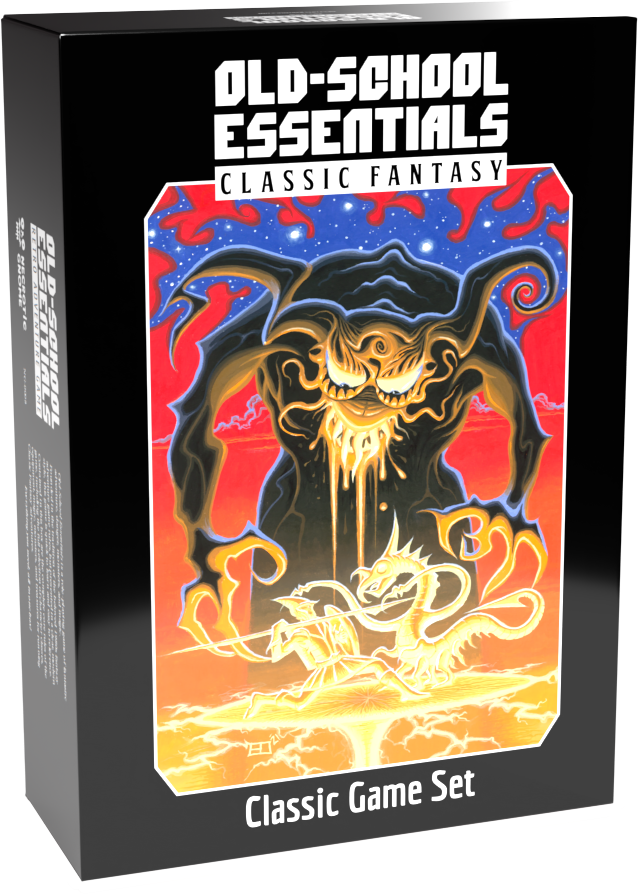I feel like this is a thread cross-over...

For myself, this was what old school was about (and what 5E does differently):
1. Fewer decision points and less options at decision points.
5E begins by having a lot more races, and subraces. There are more classes, and subclasses--sometimes with choices within those. You likely play with feats, so have to choose those.
2. Lower ability modifiers.
Most abilities didn't give you any bonuses for anything until about 15. You were lucky if you had three or more abilities with a modifier of some kind. In 5E, nearly every ability score gets a modifier IME, most PCs have no more than 1 ability (
maybe 2) with modifiers of 0 or less.
3. Fewer HP.
5E uses larger HD and it is easy to get a CON bonus to HP. You also keep getting HD for each level.
4. Better Armor Classes.
5E, with bounded accuracy, limits most PCs to ACs of 18-22 IME. Old school, with more powerful protective magic items, you could have AC of -5 or better by name level easily (equal to AC 25 in 5E).
5. The (
not-so-dreaded) Whiff-fest.
5E makes hitting in combat
way too easy, with success roughly 60-65% of the time on average. Unfortunately, to try to keep things "interesting" more HP was added, but that also escalated more damage.
6. Easier PC deaths.
5E makes survival very easy unless you purposefully try to counter it. With spells like
Revivify and the Death Saves mechanic, unless you play recklessly or have a killer DM, PC deaths are rare IME anyway. YMMV, of course.
7. Action declarations.
5E you don't declare your intentions for the round. When your turn comes up, you go. In a way, this makes things like Smite and Sneak Attack more easily applied.
8. Restricted Spell Casting.
5E allows you to cast any spell you have prepared or known at any time if you have the spell slot, so you no longer have to prepare each spell's use.
9. Slower Leveling.
5E expects PCs to level quickly. IIRC, the default suggestion is 2nd level by the end of the first session, then two sessions for 3rd, and then 3-4 sessions for each level thereafter.
10. Varying Mechanics.
5E uses the d20 system mechanic of beating a number for nearly everything.
11. Extensive Bookkeeping.
5E hand-waves a lot of things, like encumbrance, by making it such a simple system it is generally a non-factor.
12. The game is about the adventure, not the character.
5E focuses so much on the character and what they
capable of doing, instead of the
adventure and what they characters
actually do.
Of course, even prior editions (I would think anything AD&D 2E or older) which are considered "old school" did have a fair number of choices, and some groups probably did level up quickly, etc. But, off-hand those are my criteria for old school, and even with that list there are probably things I am forgetting. With enough tweaking you can get that in 5E, but it takes a bit of house-ruling.




